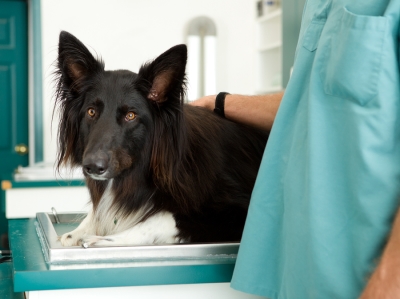Signs of Heartworms in Your Dog
Heartworms are a serious health risk for dogs and require immediate vet care when it occurs. Being aware of the symptoms of heartworms and taking quick action if you see them could save your dog’s life. If you recognize any of these signs, seek veterinary care. Because Heartworm disease gets worse as it progresses, it is better to get your pet evaluated for an accurate diagnosis early than to wait and second-guess the symptoms.
Cough
In the early stages, heartworm disease may not cause any symptoms. As it progresses, one of the first signs could be a mild cough. Although a cough may not seem problematic at first, it will persist and may worsen over time as the disease progresses. Getting veterinary care for your dag at this stage may help prevent life-threatening complications from developing, so be alert for a persistent, nagging cough in your dog.
Exercise Intolerance
Heartworms frequently cause dogs to become intolerant to exercise. You may notice that your previously active dog begins to slow down on walks or not run to the door when you grab the leash anymore. In more severe cases, your dog’s resistance to exercise may become dramatic, causing them to stop almost all of their activities. This exercise intolerance is likely to be accompanied by breathing difficulties when your dog does attempt to be active. A vet should always evaluate these symptoms.
Bloody Urine
Bloody or darkly colored urine, alongside pale gums and labored breathing, indicates a serious complication of heartworm disease called caval syndrome. Caval syndrome occurs when the heartworms cause a blockage of blood flow in the heart, which in turn leads to cardiac collapse. Emergency treatment at your animal hospital is crucial to remove the blockage and restore proper blood flow. Failure to do so could result in loss of life.
Prevention
Heartworms can be prevented with monthly medication. The first step is to get a blood test for your pet yearly to make sure they do not have heartworms. After the negative test, Reed Animal Hospital in Campbell or Saratoga can recommend the best kind of prevention and a proper dose of heartworm preventative medicine. You can visit Dr. Reed’s online store to get refills for easy in-home delivery.


